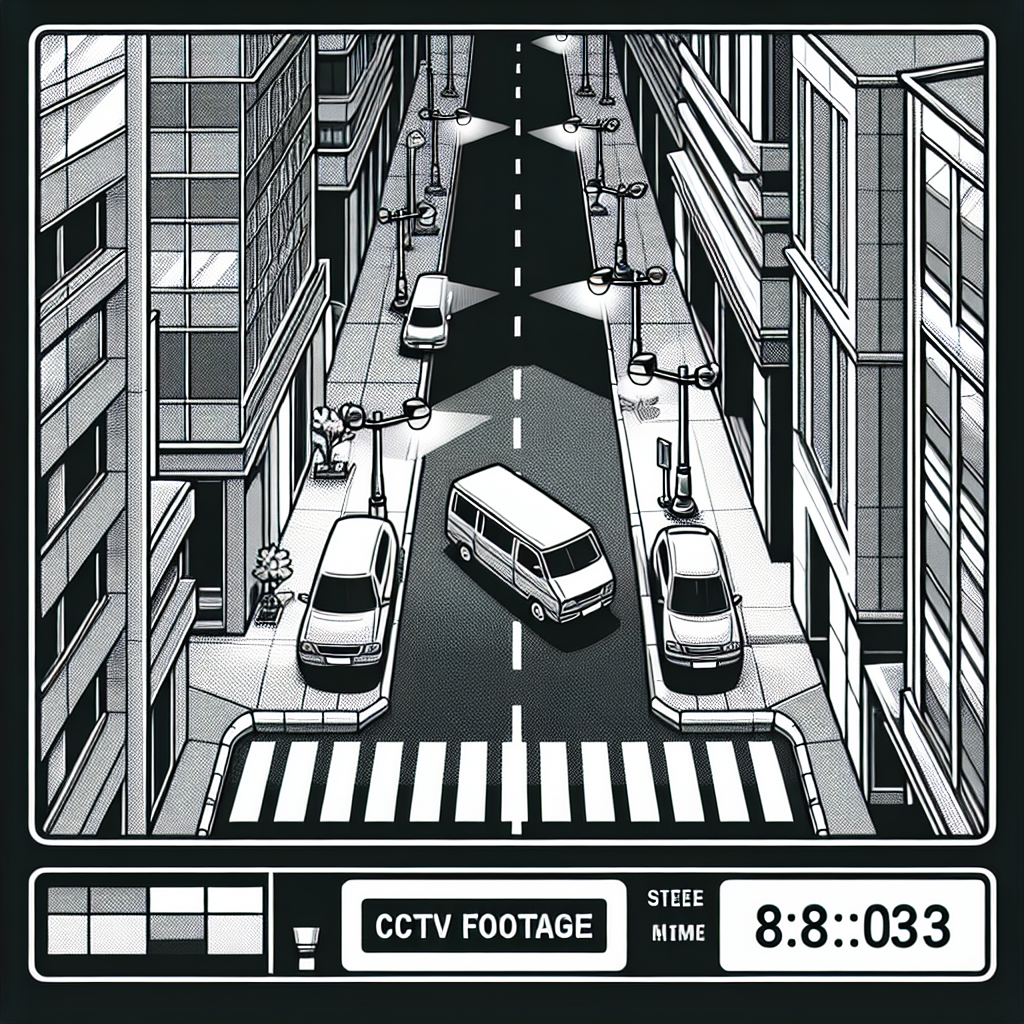Supreme Court Moves to Address CCTV Shortcomings in Police Stations
The Supreme Court has ordered the registration of a suo motu public interest litigation concerning non-functional CCTVs in police stations. This follows a 2018 mandate for CCTV installation to prevent human rights violations. Recent media reports highlighted 11 custodial deaths, prompting judicial intervention.

- Country:
- India
The Supreme Court is taking decisive action to address the ongoing issue of non-functional CCTVs in police stations across the country. This follows a damning media report highlighting alleged human rights abuses in custody, bolstered by concerning statistics of 11 deaths within recent months.
In a move underscoring the seriousness of the situation, Justices Vikram Nath and Sandeep Mehta have ordered the initiation of a suo motu public interest litigation to grapple with this critical situation. The court's initiative stems from its 2018 order mandating the installation of CCTV cameras to mitigate human rights violations during custodial interrogations.
The court directed the immediate implementation of systems equipped with night vision, audio, and video recording capabilities at all key points in police stations, including reception and lock-up areas, ensuring footage can be stored for at least a year, thereby enhancing police accountability and safeguarding citizen rights.
(With inputs from agencies.)
ALSO READ
Unrest in Indonesia: Police Accountability Questioned Amid Protests
Telecom Accountability Scrutinized Amid Revenue Loss Allegations
PM Modi Calls for Accountability Amidst Controversy in Bihar
Allahabad High Court Calls for Accountability in Land Encroachment Case
Accountability Overhaul Urged in Gujarat for Sanitation Worker Safety










